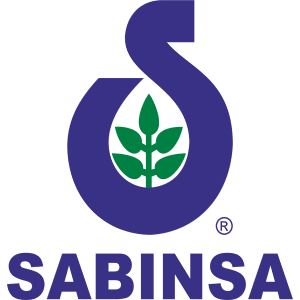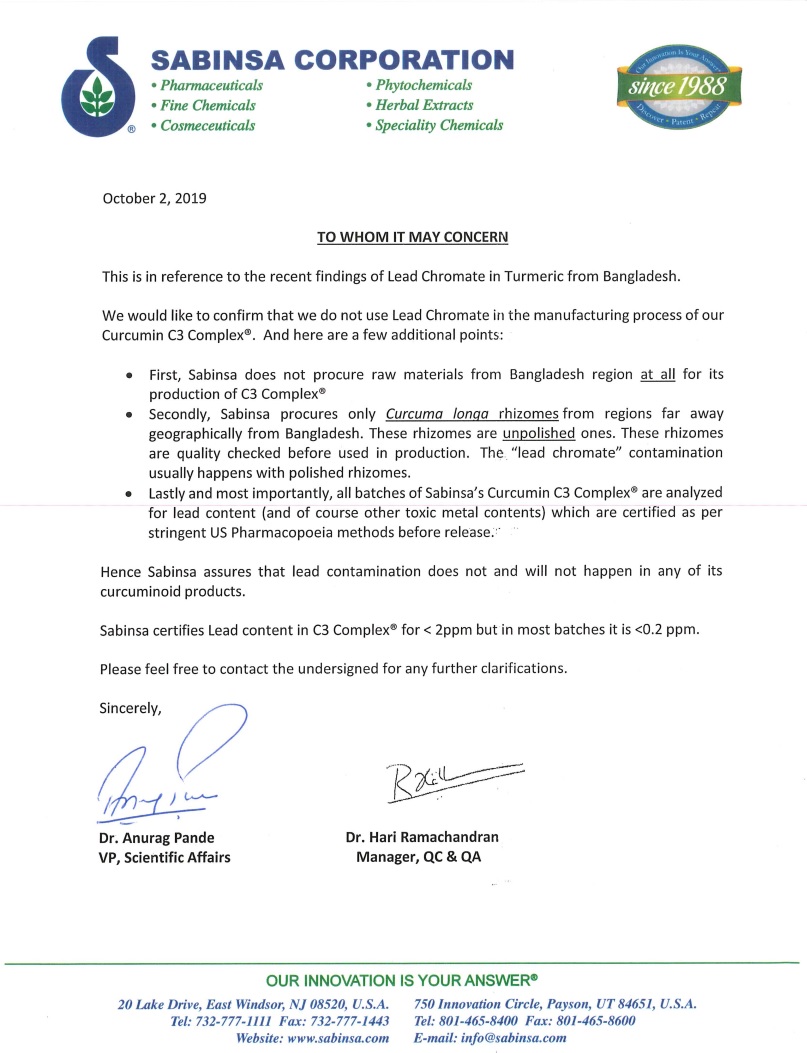On Friday, March 31st, 2000, Federal health officials withdrew controversial proposals to limit consumption of the herb ephedra since they plan to conduct a new review of its safety. Ephedra has been promoted as an ingredient in weight-loss products by the dietary supplements industry. The FDA has been criticized by industry members for creating unfounded concerns about this substance, based on about 273 adverse events reports from people consuming ephedra-containing products.
In 1997, based on these concerns, the FDA had proposed limiting ephedra dosages in supplements and enforcing the use of warning labels for consumers to take them for no longer than seven days because of the risk of heart attacks, strokes or other serious problems. Those proposals are now withdrawn on account of opposition from lawmakers and industry groups who contended that the FDA did not have enough scientific evidence to support the limits and had relied on anecdotal evidence. Besides, ephedra has been used for centuries in Asia and only has a mild stimulant effect comparable to caffeine, if taken in the proper manner.
As reported by Reuters, Wes Siegner, a spokesman for the Ephedra Education Council, an industry group, stated that the industry was very interested in marketing these products safely and believed in their current national standard, which includes warnings against ephedra use by people with heart problems or other conditions that make taking stimulants dangerous. The FDA, meanwhile, said it had enlisted agency officials and outside experts to review the reports of possible side effects to ephedra..
Sabinsa Corporation supplies Sida cordifolia extract standardized to contain 0.8% ephedrine.








